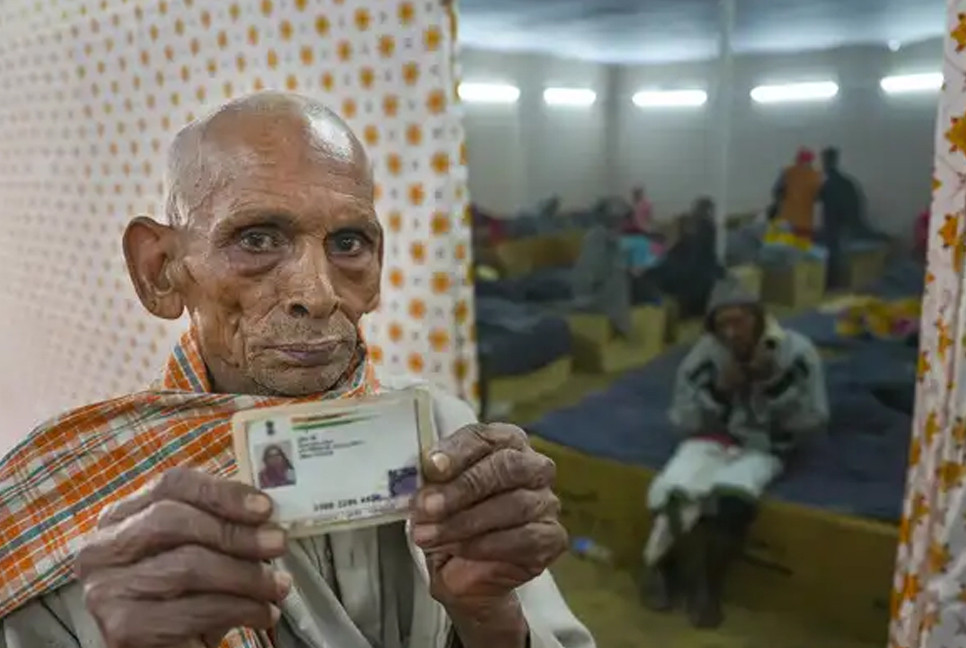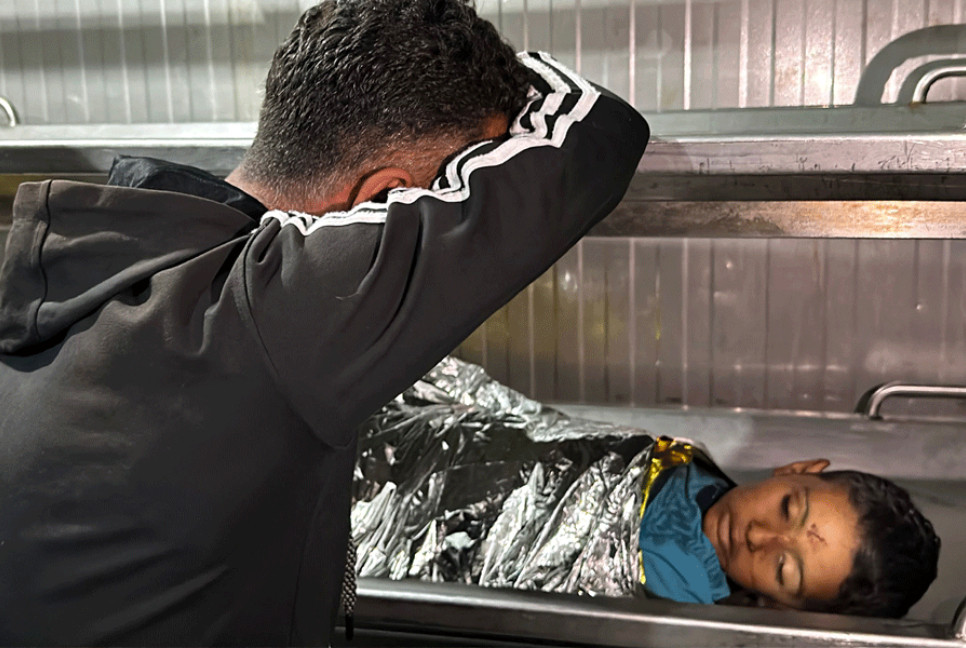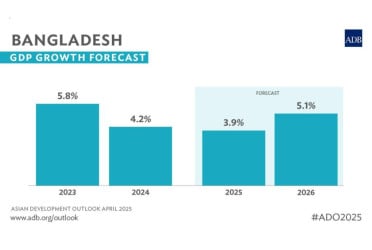Democrats easily repelled Republicans backed by former President Donald Trump in several left-leaning states on Tuesday, while tougher tests that could decide control of Congress and the future of Joe Biden’s presidency awaited in more competitive territory, reports UNB.
Despite their liberal history, states like Massachusetts, Maryland and Illinois have elected moderate Republican governors in the past. But the Republicans this year appeared to be too conservative in these states, handing Democrats easy victories in midterm elections that could otherwise prove difficult for the party.
Massachusetts and Maryland also saw historic firsts: Democrat Maura Healey became the first woman elected as Massachusetts governor, as well as the first openly lesbian governor of any state, and Wes Moore became the first Black governor of Maryland.
In Florida, a one-time battleground that has become increasingly Republican, Gov. Ron DeSantis won a second term, defeating Democratic challenger Charlie Crist, a former congressman. DeSantis won Miami-Dade County, once a Democratic stronghold, in a victory that continues his rise as a national Republican star as he eyes a possible 2024 White House run. Florida Sen. Marco Rubio also won reelection, fending off a challenge from Democrat Val Demings and further illustrating the state’s rightward shift.
The outcome of races for House and Senate will determine the future of Biden’s agenda and serve as a referendum on his administration as the nation reels from record-high inflation and concerns over the direction of the country. Republican control of the House would likely trigger a round of investigations into Biden and his family, while a GOP Senate takeover would hobble Biden’s ability to make judicial appointments.
Democrats were facing historic headwinds. The party in power almost always suffers losses in the president’s first midterm elections, but Democrats had been hoping that anger from the Supreme Court’s decision to gut abortion rights might energize their voters to buck historical trends.
Even Biden, who planned to watch the evening’s election returns at the White House, said late Monday night that he thought his party would keep the Senate but “the House is tougher.” Asked how that would make governing, his assessment was stark: “More difficult.”
In Georgia, Democratic Sen. Raphael Warnock and Republican challenger Herschel Walker were vying for a seat that could determine control of the Senate. In Virginia, Democratic Reps. Abigail Spanberger and Elaine Luria were fending off spirited Republican opponents in what could serve as early signals of where the House majority is heading as Republicans hope to reclaim suburban districts that shifted to Democrats during Donald Trump’s tumultuous presidency.
Republicans are betting that messaging focused on the economy, gas prices and crime will resonate with voters at a time of soaring inflation and rising violence.
AP VoteCast, a broad survey of the national electorate, showed that high inflation and concerns about the fragility of democracy were heavily influencing voters.
Half of voters said inflation factored significantly, with groceries, gasoline, housing, food and other costs that have shot up in the past year. Slightly fewer — 44% — said the future of democracy was their primary consideration.
There were no widespread problems with ballots or voter intimidation reported around the country, though there were hiccups typical of most Election Days. Some tabulators were not working in a New Jersey county. In Philadelphia, where Democrats are counting on strong turnout, people complained about being turned away as they showed up in person to try to fix problems with their previously cast mail-in ballots.
Bd-pratidin English/Tanvir Raihan

































































